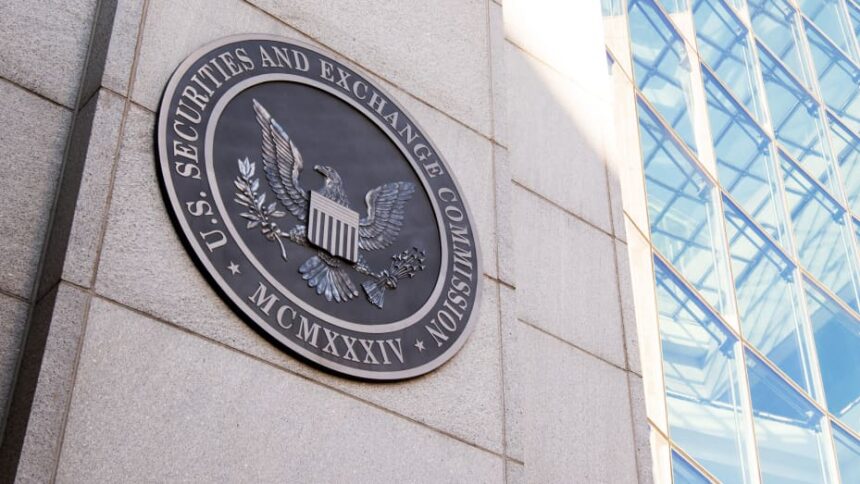In a potential move set to impact the US Securities and Exchange Commission (SEC), an upcoming House Appropriation budget could impede the enactment of Staff Accounting Bulletin 121 (SAB 121). As reported by FOX Business journalist Eleanor Terrett on June 4, the bill proposes to restrict the SEC’s use of allocated funds for implementing the rule, a common practice where agencies incur expenses from the US Treasury for specific purposes.
A policy rider within the proposed budget explicitly states:
Prohibits the SEC from implementing or enforcing Staff Accounting Bulletin No. 121, which implements harmful digital asset requirements.
The fate of this budget remains uncertain. While the Republican-dominated House is expected to approve the appropriation bill in a hearing scheduled for June 5, the Democratic and Independent-led Senate must negotiate its own version against the House’s proposal.
Terret notes that previous Democratic backing for a similar resolution, H.J. Res. 109, suggests that the Senate may retain the rider in the final budget.
Notably, the bill aims to allocate $2 billion to the SEC for the fiscal year 2025, a figure lower than the $2.59 billion requested by SEC chair Gary Gensler.
In addition to the budget developments, SEC commissioner Mark Uyeda expressed support for withdrawing SAB 121, labeling it “unfortunate” that US President Joe Biden vetoed H.J. Res. 109.
Uyeda criticized the SEC’s decision to introduce SAB 121 via a regulatory edict, bypassing the standard rulemaking process outlined in the Administrative Procedure Act (APA), which he argues weakens the system of checks and balances against an overreaching administrative state.
This sentiment echoes earlier critiques from fellow SEC commissioner Hester Peirce in 2022, who deemed a bulletin an inappropriate avenue for such significant changes, although both commissioners focused on procedural inadequacies rather than the content of SAB 121.
SAB 121 mandates that financial institutions and similar entities recording customers’ digital assets on their balance sheets, potentially burdening them with high capital and liquidity costs. Despite previous attempts to overturn the bulletin, including the passage of H.J. Res. 109 by both the House and Senate, President Biden vetoed the resolution on May 31, citing concerns about the SEC’s integrity and the potential risks to consumers and investors.
Biden’s veto encountered opposition from House lawmakers, the American Bankers Association, and other organizations, urging him to enact the resolution into law.












